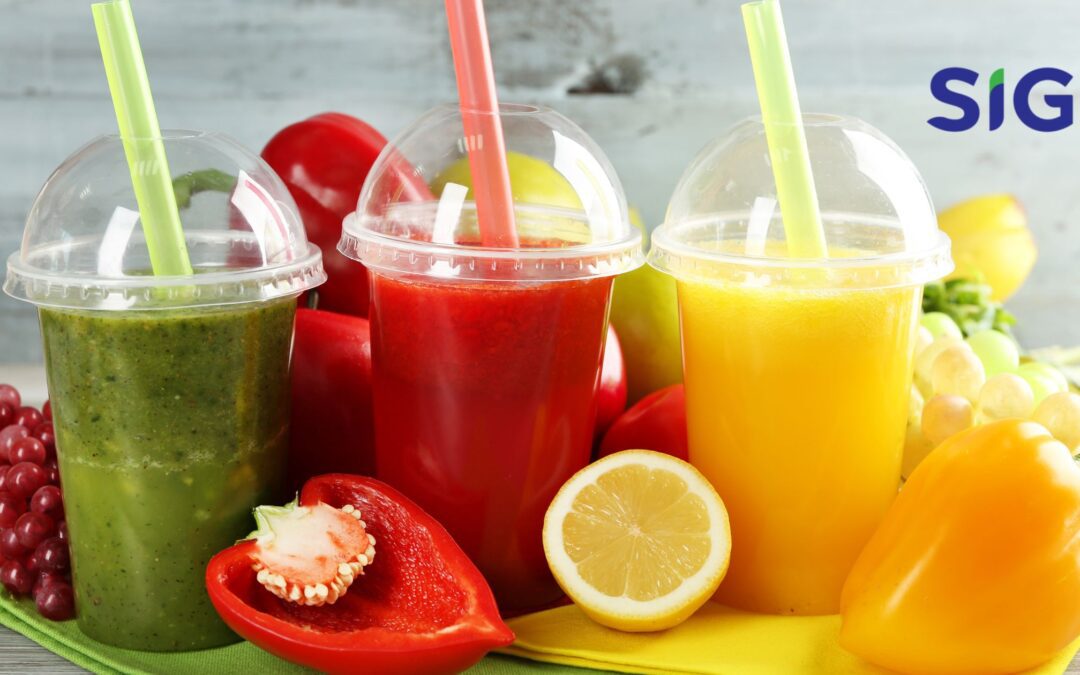Alicyclobacillus spp. Contamination
Yeast, mold, and some lactic acid bacteria are common contaminants in fruit juice drink spoilage due to the relatively low pH. But history records that in 1984 there was a massive incident of spoilage of fruit juice in Germany, the first was detected due to Alicyclobacillus. Spoilage of fruit-based drinks due to Alicyclobacillus is widely reported throughout the world. This bacterium is a serious problem because some strains are capable of producing distinctive and strong chemical stains that are difficult to control.
The Threat of Alicyclobacillus for the Beverage Industry
Spores of Alicyclobacillus spp are bacteria that are resistant to hot temperatures and the pasteurization process that is commonly carried out in beverage products, ‘heat shock’ in the pasteurization process can even encourage spore germination thereby accelerating damage to the fruit juice. (Source: rapidmicrobiology.com).
Regulation Regarding Alicyclobacillus spp.
The European Union through the European Fruit Juice Association (AIJN) has recommended the use of IFU method No. 12 to monitor Alicyclobacillus spp. on juice concentrates and raw materials.There is also an alternative method from the Japan Fruit Juice Association “Unifield Test Method for Thermo-Acidophilic Bacilli”.
How SIG Helps
SIG is an ISO 17025 accredited food testing laboratory. SIG has succeeded in becoming a testing laboratory for Alicyclobacillus spp. (detection and enumeration) in beverage and fruit juice products according to the IFU method No.12 of 2019. For more information, contact us at marketing-sig@saraswanti.com

